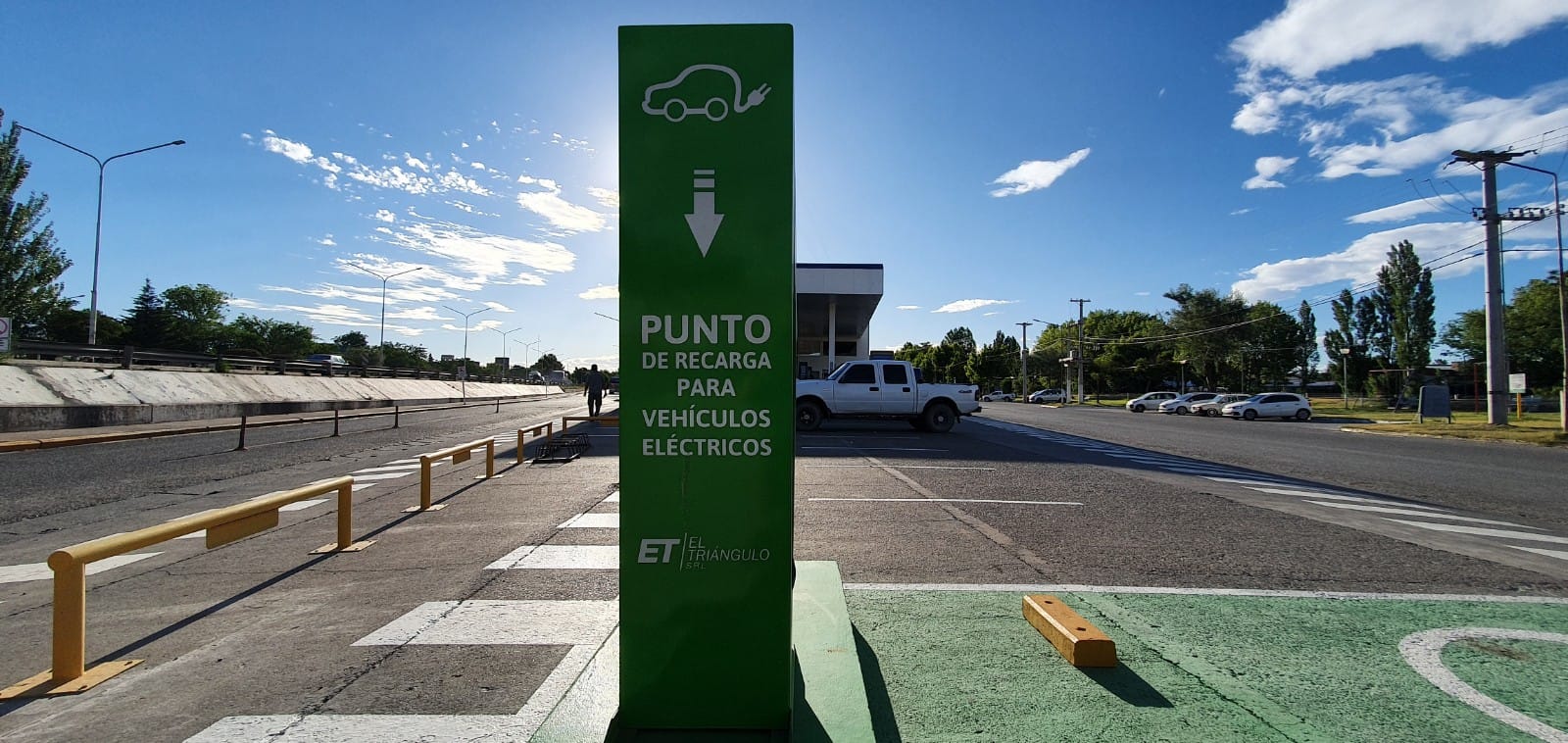toongeorges
Registered
- Joined
- Mar 4, 2012
- Messages
- 744
- Likes
- 606
Europe is moving towards electric vehicles and so are China and the US. How will it go in Argentina where the only creative thing the government can do is invent new taxes?
For some perspective, in Brussels, (not so) old diesel cars will be banned in 2028. Newly bought diesels and (not so) old petrol and CNG or LPG cars will be banned in 2030 and the newest petrol, CNG or LPG cars will be banned in 2035.
Because of the electrification of the vehicles, the company that distributes the electricity is planning on spending billions of dollars in upgrading the electricity grid in the coming years, because even though the electricity grid is fine now, according to its projections, in a couple of years it won't be able to cope with the demand. The main issue is that electricity consumption (and production) will be less stable in a couple of years. The expectation is that there will be a huge peak in demand in the evening after people come home from their work and start charging their cars. Also, there will be more renewable energy production, which is less stable since the sun does not always shine or the wind does not always blow.
How is Argentine dealing with these challenges to the electricity grid or is Argentina planning to just keep using fossil fuels?
For some perspective, in Brussels, (not so) old diesel cars will be banned in 2028. Newly bought diesels and (not so) old petrol and CNG or LPG cars will be banned in 2030 and the newest petrol, CNG or LPG cars will be banned in 2035.
Because of the electrification of the vehicles, the company that distributes the electricity is planning on spending billions of dollars in upgrading the electricity grid in the coming years, because even though the electricity grid is fine now, according to its projections, in a couple of years it won't be able to cope with the demand. The main issue is that electricity consumption (and production) will be less stable in a couple of years. The expectation is that there will be a huge peak in demand in the evening after people come home from their work and start charging their cars. Also, there will be more renewable energy production, which is less stable since the sun does not always shine or the wind does not always blow.
How is Argentine dealing with these challenges to the electricity grid or is Argentina planning to just keep using fossil fuels?

